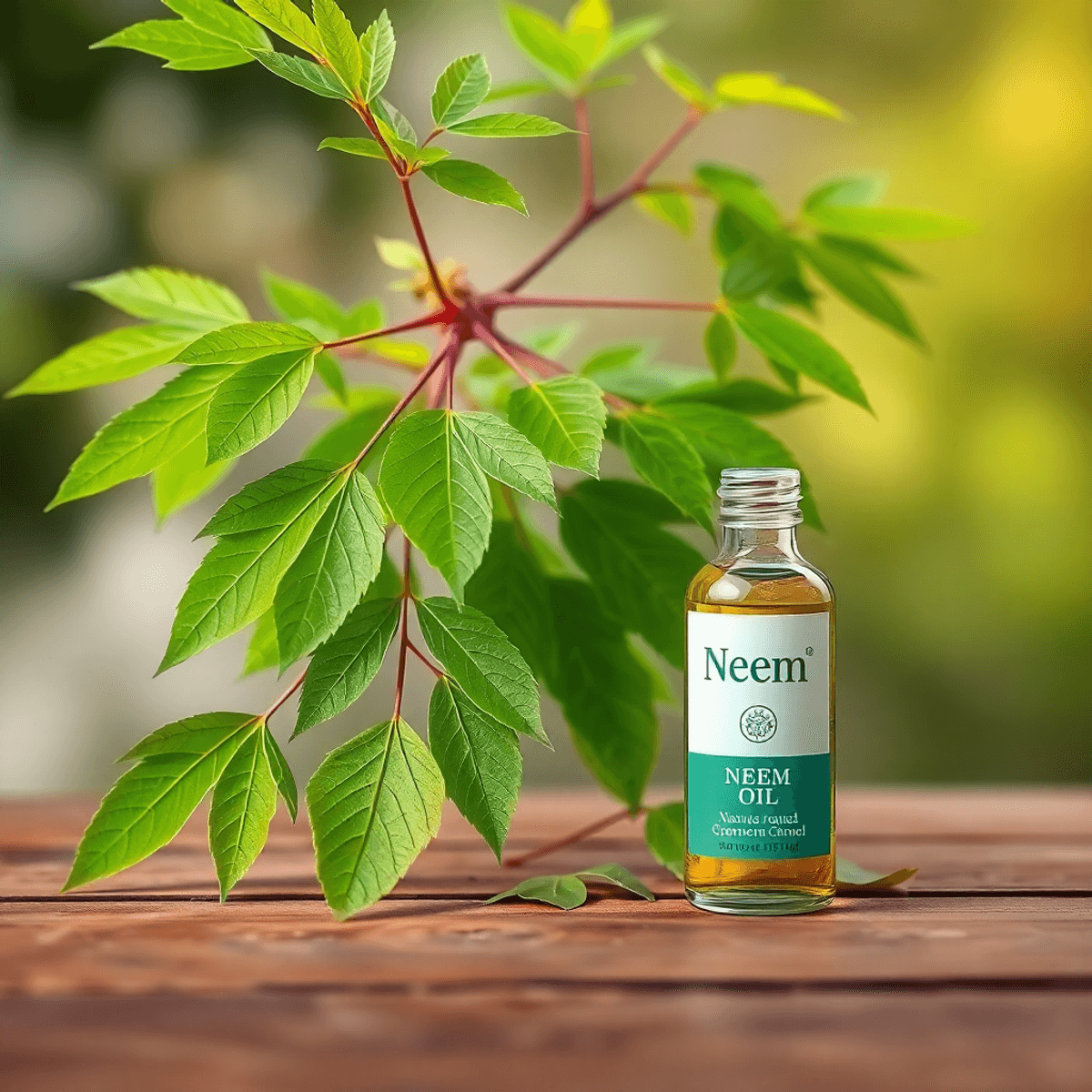Ah, sage! That aromatic herb that has been delighting our taste buds and health for centuries. Often found seasoning our favorite dishes, sage is more than just a culinary delight; it’s a powerhouse of health benefits. As the saying goes, “A little sage goes a long way!”
Sage: A Breath of Fresh Air for Your Lungs
Sage contains rosmarinic acid, a compound that strengthens the lungs and aids in breathing. “A cup of sage tea a day keeps the pulmonologist away,” they might say, as this herbal brew can boost oxygen levels in the blood and offers protection against heart disease.
Culinary Uses That Delight the Palate
The leaves of sage are typically stripped from the plants and boiled to make a refreshing herbal tea. They are often sprinkled over meats, fish, and vegetables to add flavor. Sage is a staple in dishes like pork sausages and mouth-watering lamb stews. For long-term use, the leaves are dried and ground into a fine powder, preserving the herb in an airtight container for a year or more. Talk about a flavor saver!

Nutritional Powerhouse
This herb is a wonderful source of magnesium, potassium, phosphorus, vitamin A, and K. These nutrients help maintain healthy bones, teeth, and eyes. It’s no wonder the ancient Egyptians used sage for fertility and healthy pregnancies, thanks to its hormone-balancing and blood flow-improving properties.
Ancient Wisdom Meets Modern Science
The Greeks historically used sage juice to stop wounds from bleeding and to promote healing of stomach ulcers. A pot of hot water infused with sage can soothe a sore throat, cough, or hoarseness—perfect for public speakers or singers. Studies show sage contains three powerful flavonoids—apigenin, luteolin, and dyers Metin—offering antioxidant effects that help maintain a youthful and healthy body.
Brain Health and Beyond
These flavonoids, along with rosmarinic acid, have been linked to preventing Alzheimer’s disease and dementia by modulating neurotransmission of vital brain enzymes. Sage is not just for your body but your mind too!
Cultural and Ritual Uses
“Sage, the simple herb, carries a profound power – it purifies our spaces, clears our minds, and frees our spirits. It’s more than just a plant, it’s a spiritual ally in our journey towards peace and positivity.”
Sage in the Modern Household
Sage essential oil, made by steam distillation, serves as a potent cleaning agent, effective against harmful bacteria like E. coli and salmonella. However, pregnant or nursing mothers should use sage cautiously, as it may induce contractions and reduce breast milk production.
Sage Supplements and Their Benefits
Sage leaf extract capsules are available in health food stores worldwide, helping diabetics by lowering blood sugar levels and cholesterol. For menopausal women, sage compounds help balance hormones and reduce hot flushes by up to 64%. Talk about a hot topic!
The Historical Significance of Sage

Sage was one of the four ingredients in “Four Thieves Vinegar,” a medieval tonic believed to prevent the bubonic plague. Known then as Salvia Salva Tricks, it was a life-saver in its time.
A Culinary Tradition Worth Keeping
We recommend using fresh sage to make a homemade turkey dressing, a traditional American Thanksgiving delight. In England, sage and onion stuffing is a classic accompaniment to roast dinners, especially on Sundays. Who says traditions can’t be tasty?
Final Thoughts: A Versatile Herb for Health and Flavor
To create a healing throat gargle, simply steep a teaspoon of sage leaves in a cup of hot water for 30 minutes, then rinse your mouth. It’s as powerful as medical throat sprays prescribed by doctors. For more on healthy herbs, spices, and natural remedies, check out our other articles. Remember, “A sage a day keeps the doctor away!”
Thank you for reading. If you found this helpful, a like is always appreciated.
Discover more from NatureZen Market
Subscribe to get the latest posts sent to your email.










